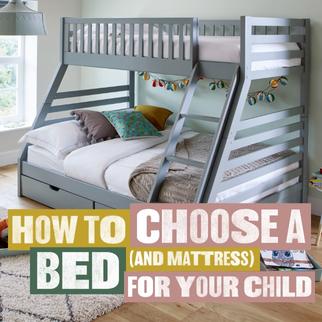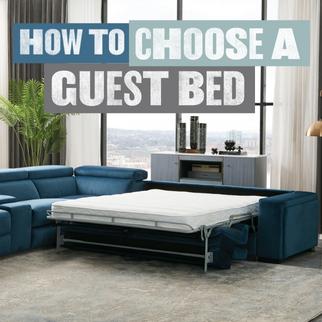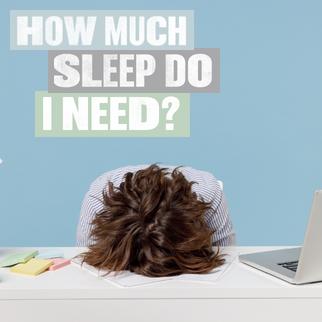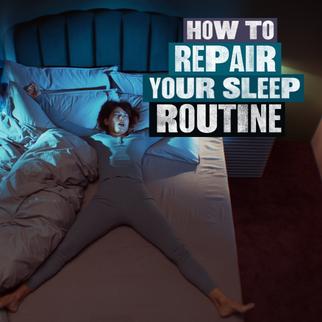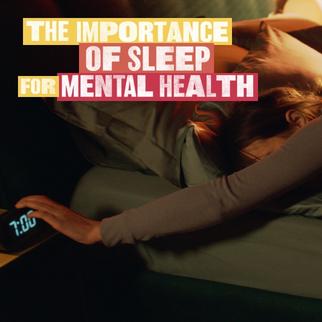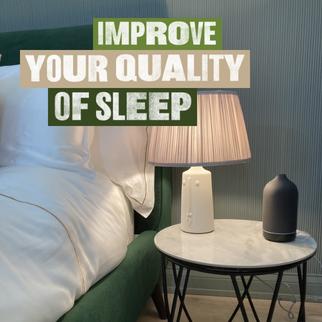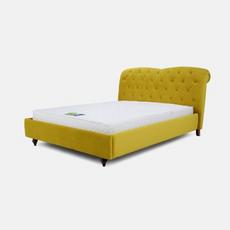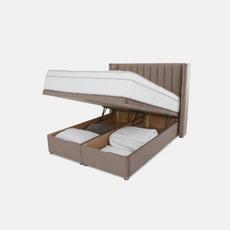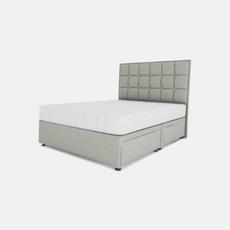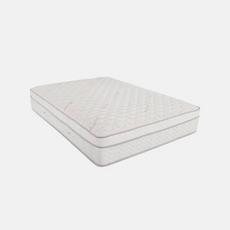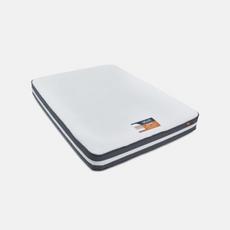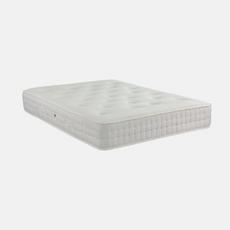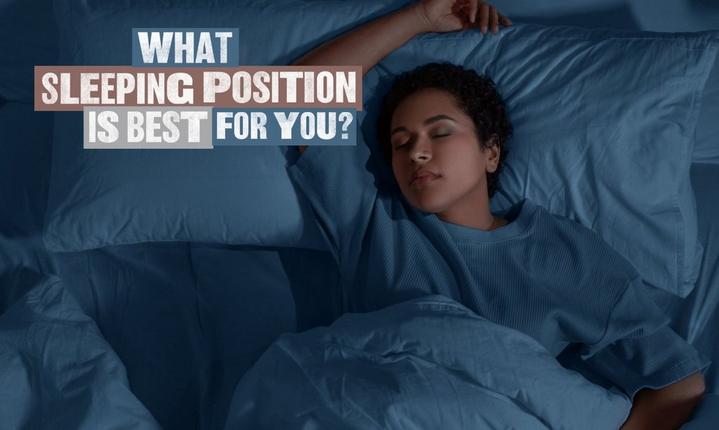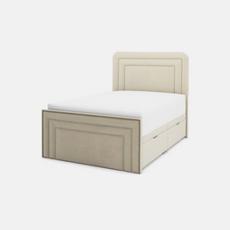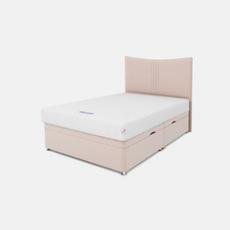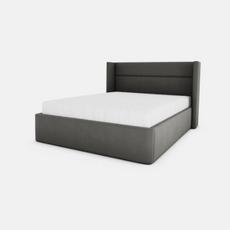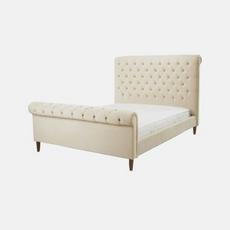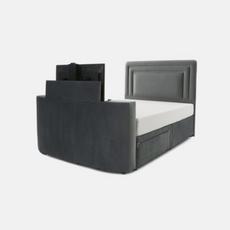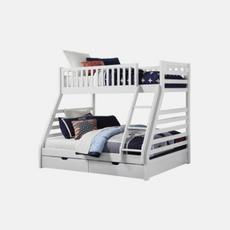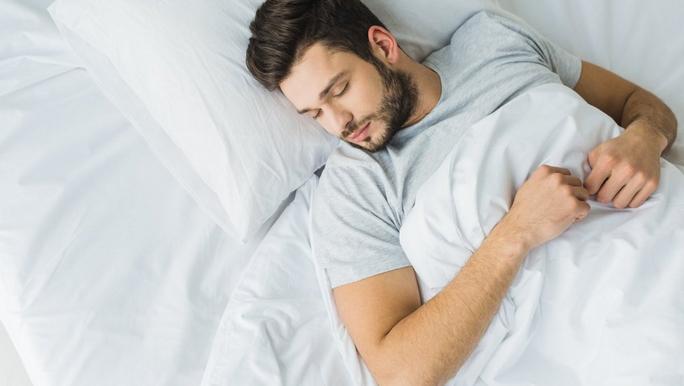

If you’re one of the 23 million Brits who struggle with their sleep, then you’ll know how troublesome a bad night’s sleep can be. From short-term effects, like brain fog or a pulsating headache, to broader issues like digestive issues and memory loss, sleep problems might seem mundane on the surface, but they could be a huge factor in preventing you from feeling your best.
Of course, a good night’s sleep isn’t always a simple case of shutting your eyes and getting a solid eight hours. If only it was! That’s why we’ve rounded up our top tips for better sleep, so you can achieve better quality shut-eye.
Continue reading for helpful tips on how to get a good night’s sleep.
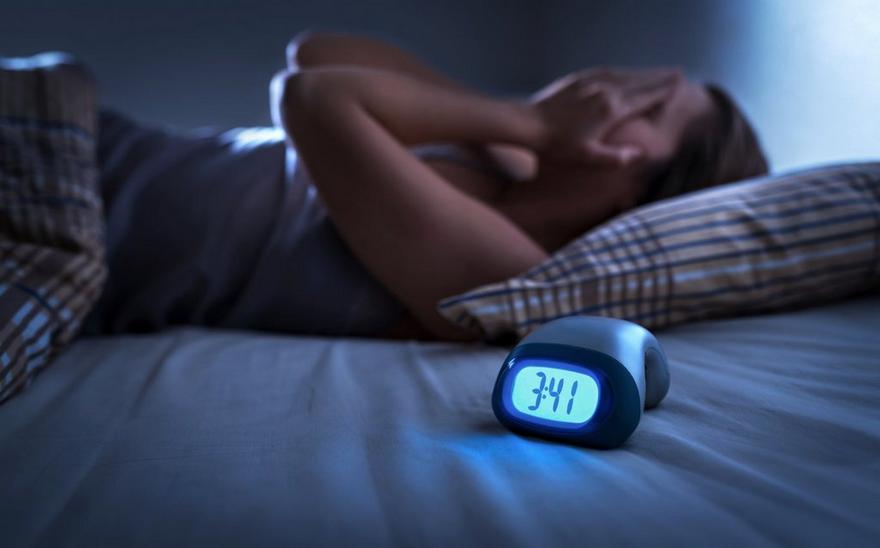
What causes a poor night's sleep?
While there are a lot of elements that can potentially cause a bad night’s sleep, many signs point to sleep hygiene – or lack thereof. No, sleep hygiene has nothing to do with washing your hands before bed - nor is it just a fun buzzword reserved solely for psychotherapists! Rather, it is a way to ensure you’re not just sleeping through the night, but also that your kip is top quality. Here are some of the simplest solutions which could help improve your sleep long-term:

Consider cutting down on caffeine
Caffeine can be found in the usual suspects like coffee and energy drinks, but other foods and drinks like green tea, chocolate and even some painkillers also include caffeine.
If you think caffeine could affect your sleep routine, consider removing any product that includes caffeine at least a few hours before bed. As for coffee, that can stay in the system for up to six hours; so perhaps forgo that mid-afternoon double espresso..!

Remove blue light devices
As Dr. David Lee sleep expert at Sleep Unlimited tells us, your sleep space should be a sanctuary. This means utilising the bedroom solely to sleep, not for watching TV or scrolling on your phone. And while it might be tempting to tuck up under the covers when you’re working from home, never work from bed!

Watch what times you eat and drink before bed
The digestive system is a working organ just like any other. As such, when you eat a full meal before bed, it is akin to putting your digestive system through a major gym workout! It’s tiring work – and this can keep your body on high alert overnight, leading to poor-quality sleep and a lengthy wind-down routine.
You can care for your digestive system by simply giving your body a few hours of respite before shut-eye. The same goes for drinks, especially alcohol which can keep the brain and body whirring.
Helping you find your sleep thing
Whether it’s finding the perfect sized bed for your space, selecting a mattress to improve your sleep, or squeezing in hidden storage - we’re all about helping you create your perfect bedroom

Exercise earlier in the day
Exercise is a fantastic tonic for stress and is essential for contributing to lovely, dreamy deep sleep. However, you can achieve the opposite effect if you exercise too close to your bedtime.
As Anne Marie Boyhan, sleep expert at The Sleep Care Co. says in her helpful article, the body takes four hours to wind down after an intense workout routine properly. For the best chance of sleeping well while also keeping up with your exercise routine, consider exercising in the morning or afternoon. If that’s not possible, try doing more relaxing workouts, such as yoga or Pilates, if an evening session is non-negotiable.
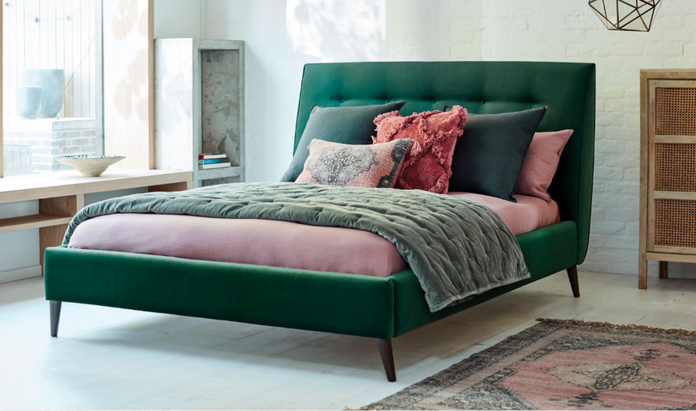
Switch out your sleep space
Too often, our beds and mattresses are an afterthought - despite us spending one-third of our lives tucked up under the duvet!
If you have a mattress that doesn’t suit your sleeping style, or you have an old or broken bed, then what are you waiting for? A new bed or spruced-up comfortable mattress could be your simplest solution to poor sleep!
Of course, if you have already tackled these small fixes and your situation is more chronic, then you may need to speak with your GP. In the meantime, our tips for insomnia could come in handy.
Shop our beds and mattresses range
When sleep problems and insomnia don’t let you sleep, a sleepless night can be beyond exhausting! While you’re watching the clock tick, tossing and turning, you might be asking yourself why you can’t sleep through the night.
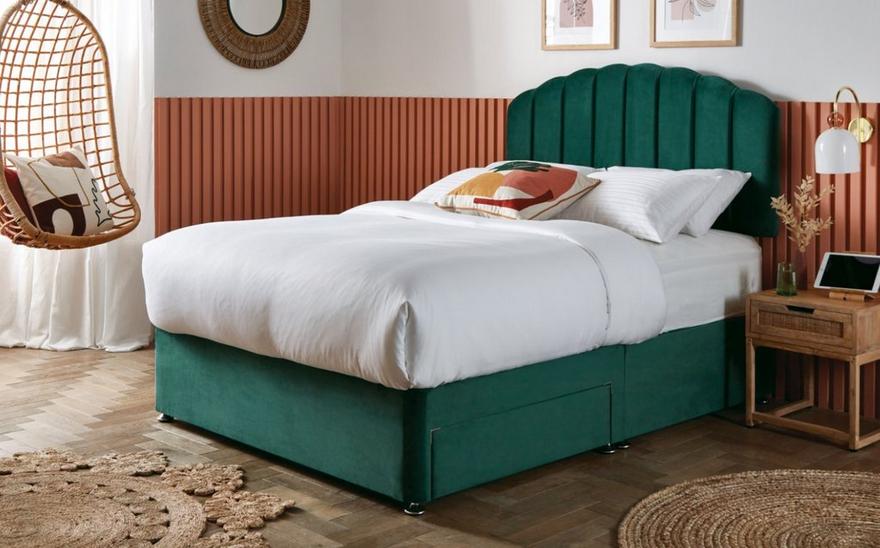
How to make a sleep sanctuary
Even the most sleep-deprived people will struggle to dip into deep slumber when there are gadgets pinging, blue lights beaming, and poor-quality pillows forcing you to sleep skew-whiff. That’s why we recommend creating a sleep sanctuary that is designed for sleep and only sleep. There’s a lot to take a lot into consideration, however, which is why our pointers below could be just what you need to improve your sleeping space – all with just a few simple tweaks!

Introduce relaxing scents
Replace tech with more subtly soothing, natural elements in your bedroom. For example, adding scented candles or diffusers - with relaxing aromas like lavender and cotton - will help to ease you into sleep far better than scrolling through a newsfeed.
Set the right lighting for slumber
While bright lights are an obvious no-no, certain lighting systems suit long, deep sleep far better than others. Having dimmer, warmer lights on during the evening will make your bedroom a more inviting space that’s better set for winding down as the evening goes on. This is where dimmable lamps and small bedside lamps are ideal.
Change the temperature to suit your sleep
Naturally, no one wants to be shivering from the cold or sweating from the heat when they’re in bed, but there’s more to getting a good night’s sleep than just being ‘toasty’. The sweet spot for a bedroom’s overall temperature is between 16 and 18 degrees, while it’s approximately 29 degrees for the best temperature in bed. Of course, personal preference will always dictate what’s truly the cosiest choice for you, so play around with the temperature gauge to see which gives you the best quality sleep.
Use your bedroom for sleep, and only sleep
Your brain and body should associate the bedroom with relaxation, low activity, and lots and lots of sleep. If you’ve been answering work emails from bed, then that’s one way to stifle the peaceful associations, and ramp up the panic come bedtime. Instead, distinguish your bedroom as a place for sleep by doing any other activity (especially ones that require a lot of focus, like work-related activities, exercise, and watching TV), out of the bedroom. This is your place to unwind, not to get wound up.
Pick the right mattress and duvet combo
Just because you’re used to your old mattress, doesn’t mean it’s doing you any good. In fact, if you’re struggling with sleep, there’s a good chance your trusty – and dusty – mattress and duvet could be setting you up for a bad night’s sleep. For example, you may have been sleeping on a soft mattress for years, thinking softer means better, yet won’t have realised that the back and joint pains you’re dealing with would be better served by a firm mattress. The same is true with duvets, as different tog levels can mean the world of difference in getting a good night’s sleep. More togs don’t always equate to more comfort, as you might find a thinner duvet works better for how you sleep (such as if you like to bundle up in your blanket) or might be mercifully cooler on warmer nights.
If you feel like your sleep sanctuary bedding could do with a switch-up, take a look at our mattress buying guide, for all you need to know.
If you’re looking for a new mattress, you’ve certainly come to the right place. Our comprehensive mattress buying guide helps you find the perfect match for your bed, ranging from modest-sized single mattresses to magnificently accommodating super king-size mattresses.
How to find a better sleeping position
Once you’ve attended to the small lifestyle tweaks that contribute to better sleep hygiene, the next step is to focus on what happens when you actually get into bed. Yes, that’s right, we’re talking about the best sleeping position for you.
Put up with a lot of joint pain? You might want to start sleeping on your back. Back sleepers naturally distribute their body weight across a wider area which helps to reduce unnecessary pressure on joints, especially the neck and the lower back. Often find yourself drifting off on your front? This sleeping position does assist with snoring (it opens up the airways) but it can leave sleepers with a dodgy neck. This is mainly because front sleepers frequently shift their head from side to side during slumber.
As for those who prefer a side-sleeping position; this is a good one for relieving pressure on the spine. If the hips need extra support, pop a pillow underneath or choose a Super supportive memory foam mattress. If you are expecting a little one and thinking about the best sleeping position for you when pregnant., then side sleeping is a good option as it helps to circulate blood and oxygen flow to both baby and mum.
What's the best sleeping position when pregnant?
Before pregnancy, climbing into bed and lying down on your front was all it took to fall into a deep slumber. But now, maybe even the thought of stomach sleeping makes you feel nauseous, with your mind constantly worrying about how pregnancy sleeping positions might affect your unborn baby.
Get better sleep with DFS
For an express route to Snoozeville, a new bed and mattress can work wonders. And we’re here to set your sleep sanctuary up just the way you like it!
For help finding your next bed and mattress, be sure to check out our bed buying guide or shop beds and mattresses in our collection today.
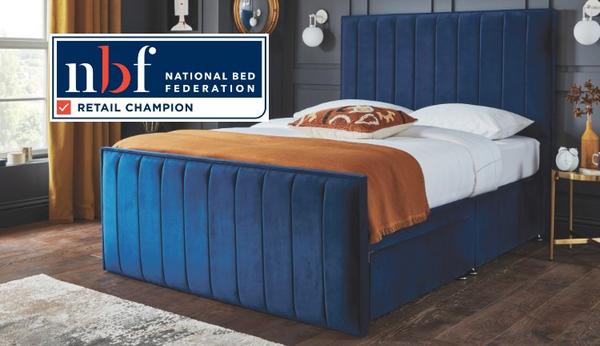
Whether you’re a first-time buyer or just want to upgrade your current bedroom setup, browsing the different types and finding the perfect bed can feel like quite a daunting task. But don’t worry, we’re here to help!
